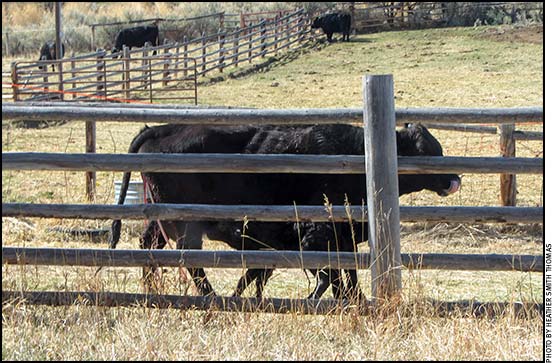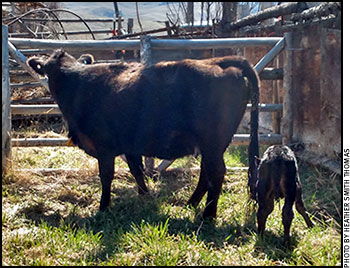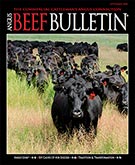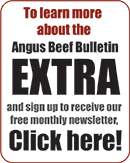
Importance of Passive Immunity for Baby Calves
Colostrum is even more important than just providing crucial first nutrients
Andy Acton, Deep South Animal Clinic, Ogema, Sask., Canada, says there are additional factors gained from colostrum, and not just the antibodies absorbed when calves suckle the first time. “There’s also some absorption of white blood cells of different kinds from their mother’s colostrum. These are not present in a colostrum replacer you’d buy.”
Calves get more protection from the dam’s colostrum than from a commercial product. Some of the immune modulators that are not actual antibodies are important to the calf, he says.
Newborns have a limited window of time to absorb antibodies from colostrum. The optimal time is during the first six hours of life, but it may be less in certain conditions — perhaps just the first two hours in cold weather, says Acton. There are factors that shorten this window, and also some things that lengthen it.

cutline.
As soon as the calf suckles, the “open gut” starts to close to prevent absorption of pathogens. Suckling stimulates the gut to close, because it’s always a race between the antibodies from colostrum and pathogens the calf might ingest. If the calf manages to suck a little or if you feed him a little, the gut closes up more quickly than if the calf has had nothing. The time window for the gut to absorb something is shorter if the calf doesn’t get a small amount of colostrum, he explains.
“Sometimes you can make up for being a little delayed by giving the calf a little more. A person has to be careful doing that, however, to make sure the calf is strong enough to handle the extra volume. You don’t want to overfeed a weak calf that might regurgitate,” says Acton.
“We know that if colostrum intake is adequate, the health and performance of the calf will be far better. Some years ago we blood tested about 1,000 calves from several different farms to measure antibody levels, as a measure of whether they nursed or not. The bottom one-fifth was called a fail (those calves probably hadn’t gotten much colostrum). Later, those calves weighed 30 to 40 pounds less at weaning than the others. This lower weight was not due to sickness; they just didn’t perform as well,” says Acton.
Calves get off to a better start if they have adequate colostrum soon after birth, so then it becomes the producer’s decision regarding how they want to manage that. In extensive operations where cattle are calving in large areas, this would be difficult to monitor, he admits. Those cows are generally on their own. With that kind of setup you want really good calf vigor — calves that can get right up and suckle quickly.
The producer wouldn’t want to be calving in severely cold weather, and the cows would need adequate nutrition to have a strong, healthy calf. Calf vigor at birth is the key to success on many ranch operations, and there should be some genetic selection for easy calving. Calving in warmer weather is an advantage because a calf doesn’t get chilled and has a longer time to work at trying to suckle before he gives up.
“There are some things that can be done when you know they didn’t suckle soon enough. You can try plasma transfusions or blood transfusions,” Acton says. It’s much simpler, however, to try to work within that window of time after birth and make sure the calf suckles enough colostrum.

Editor’s Note: Heather Smith Thomas is a cattlewoman and freelance writer from Salmon, Idaho.






